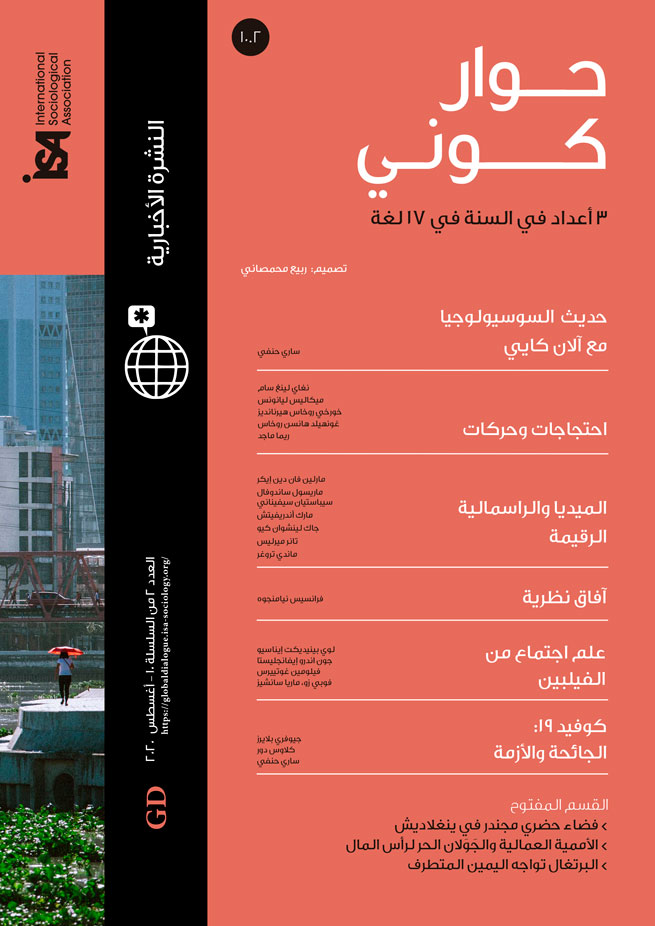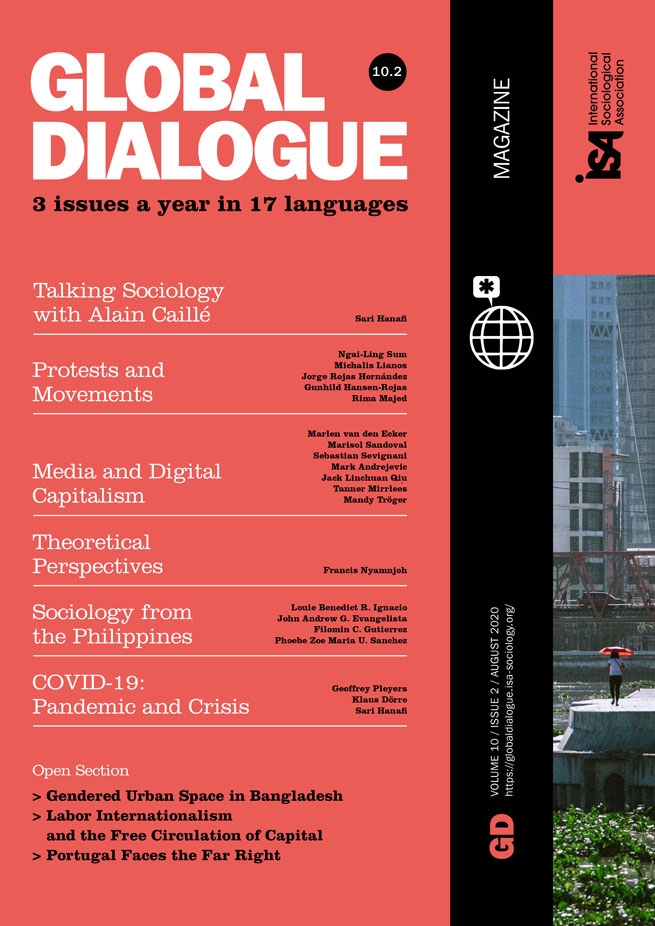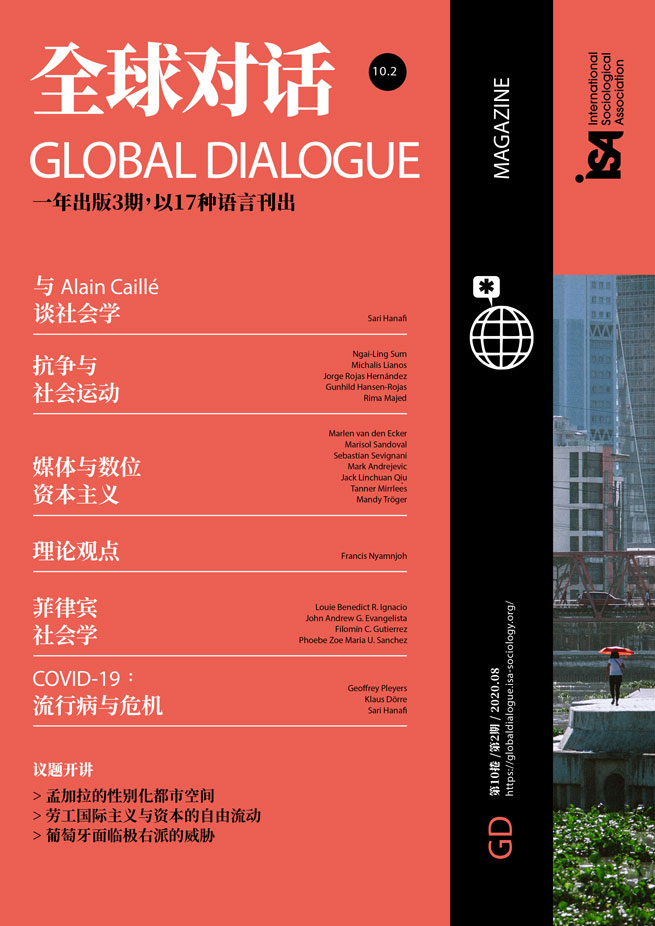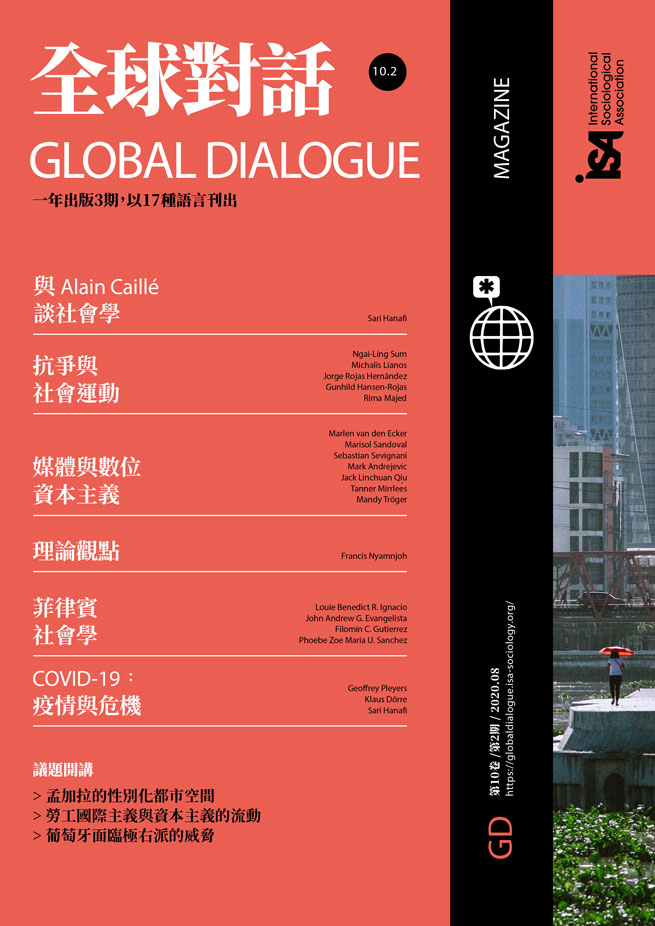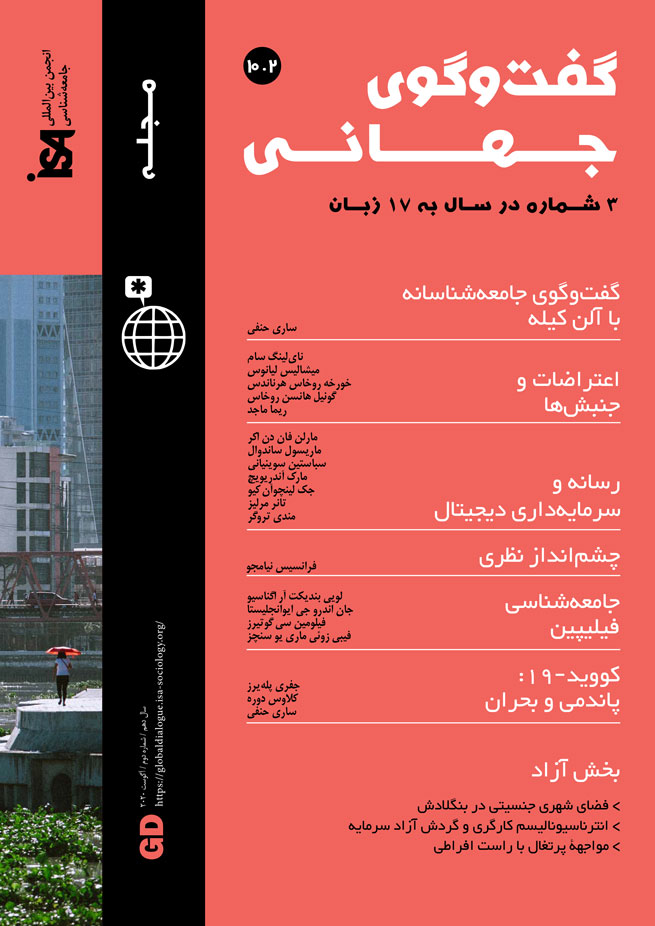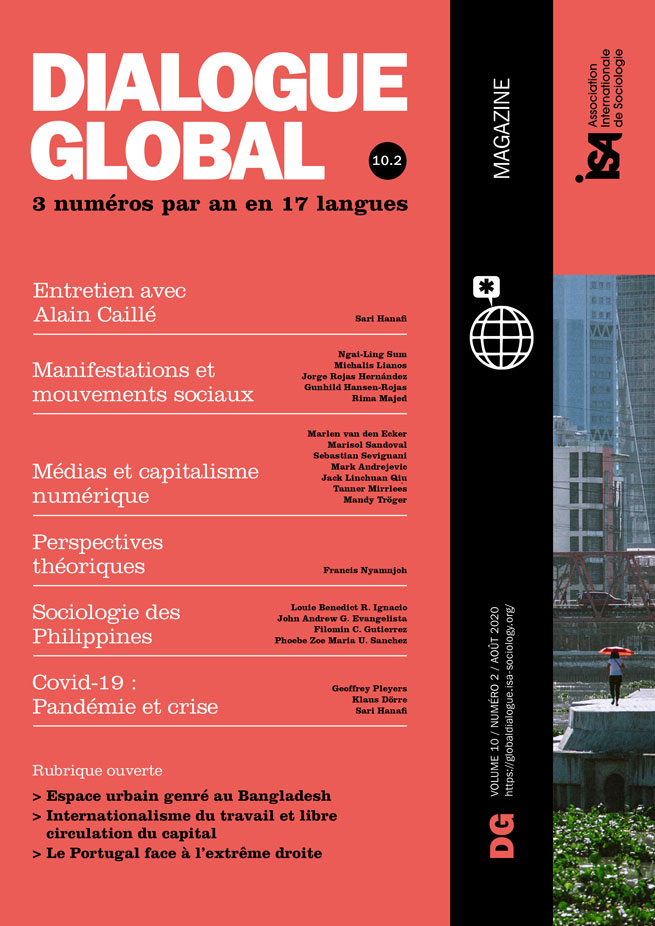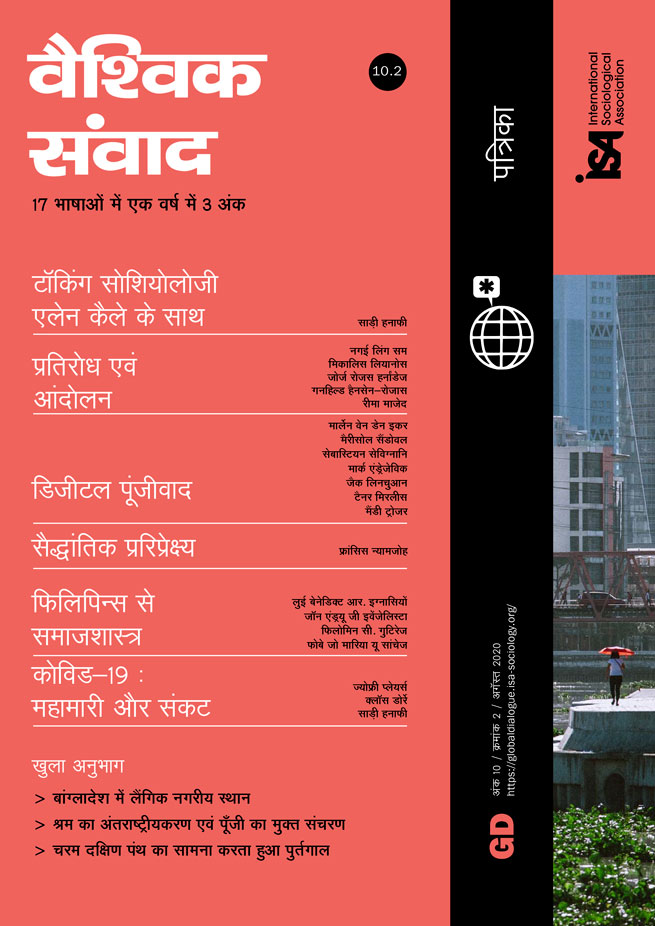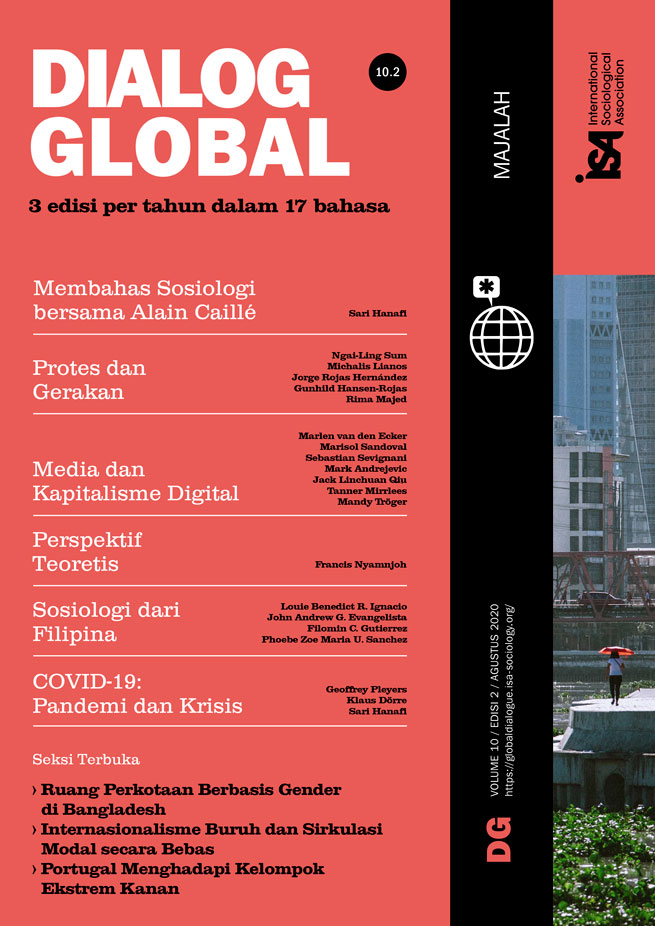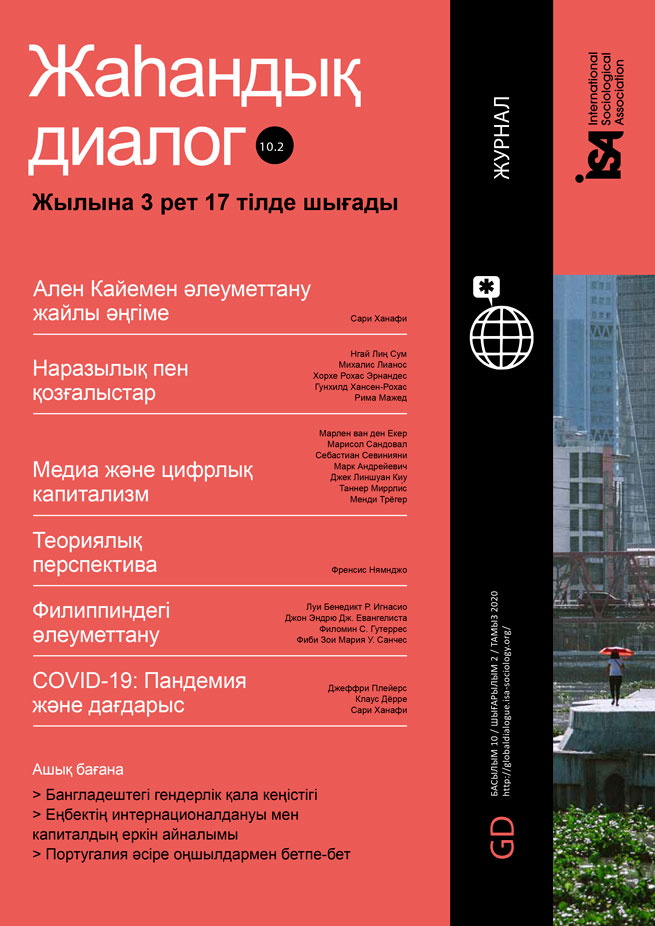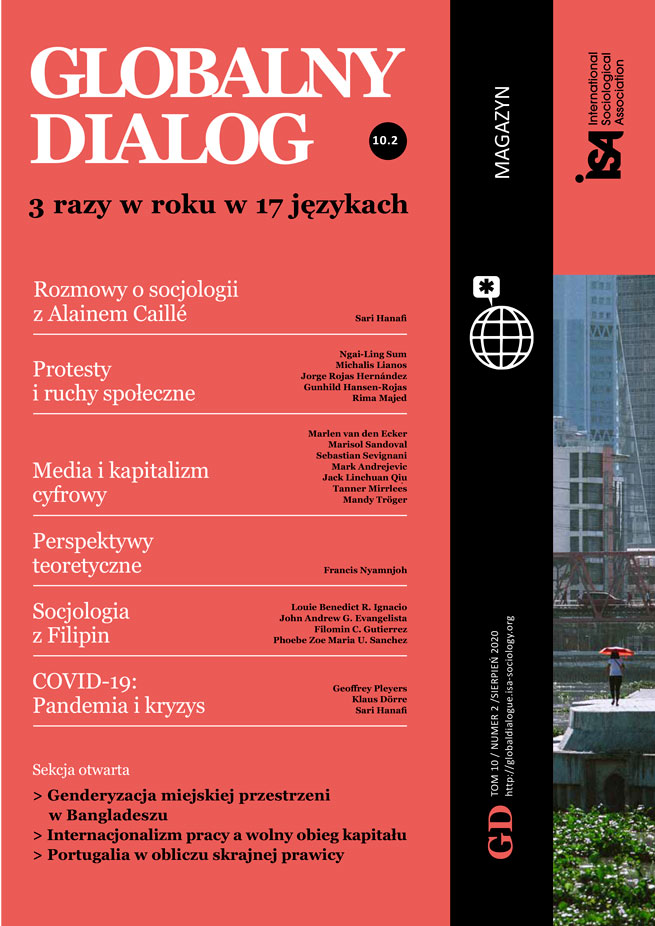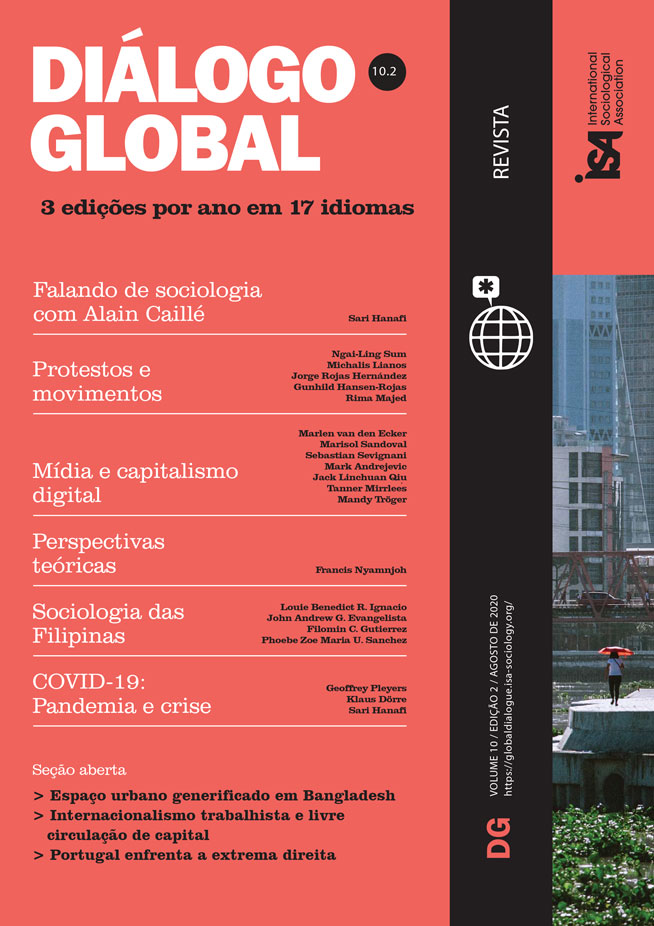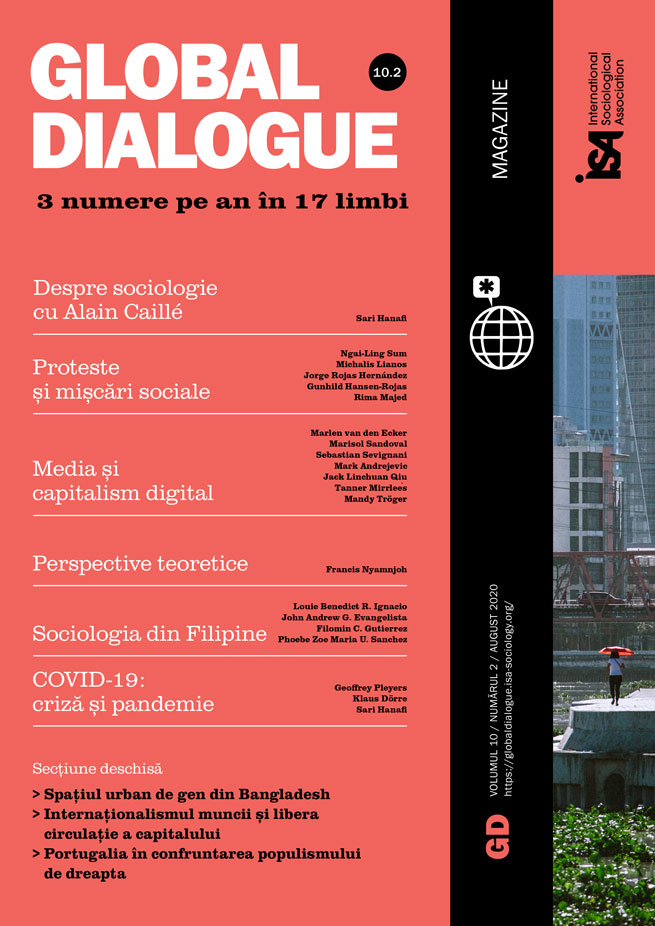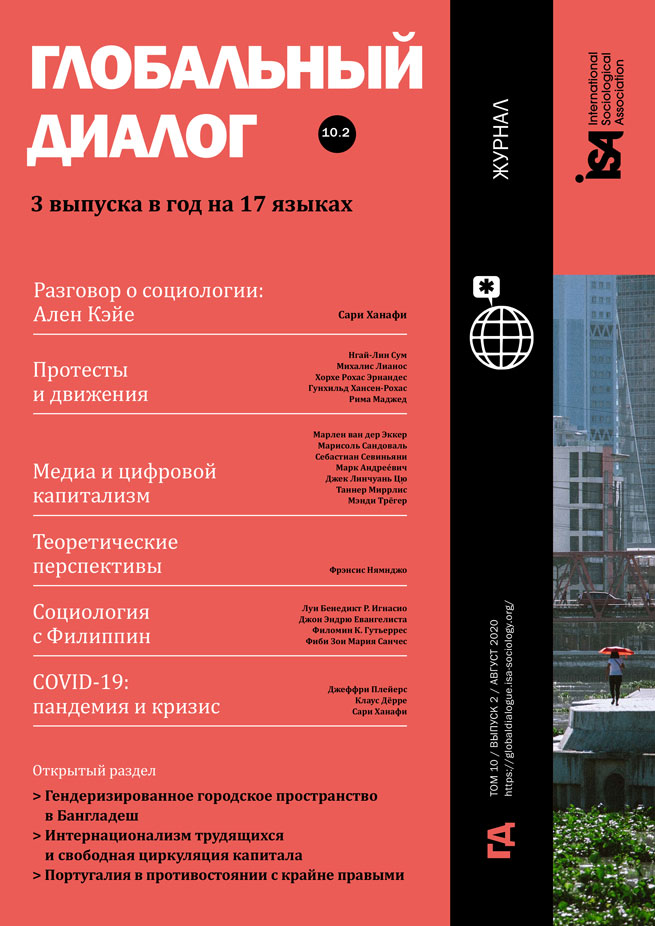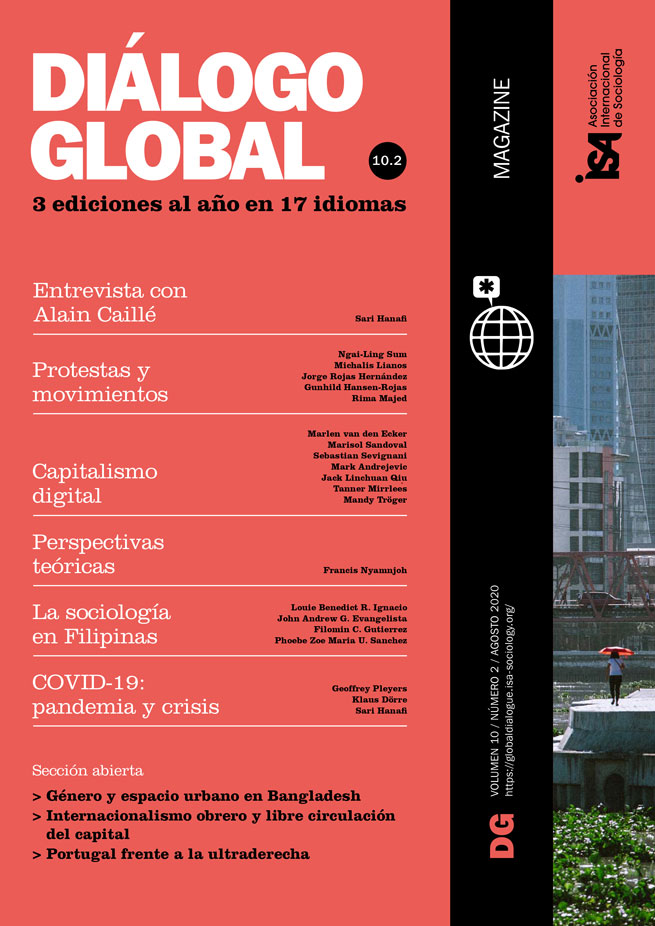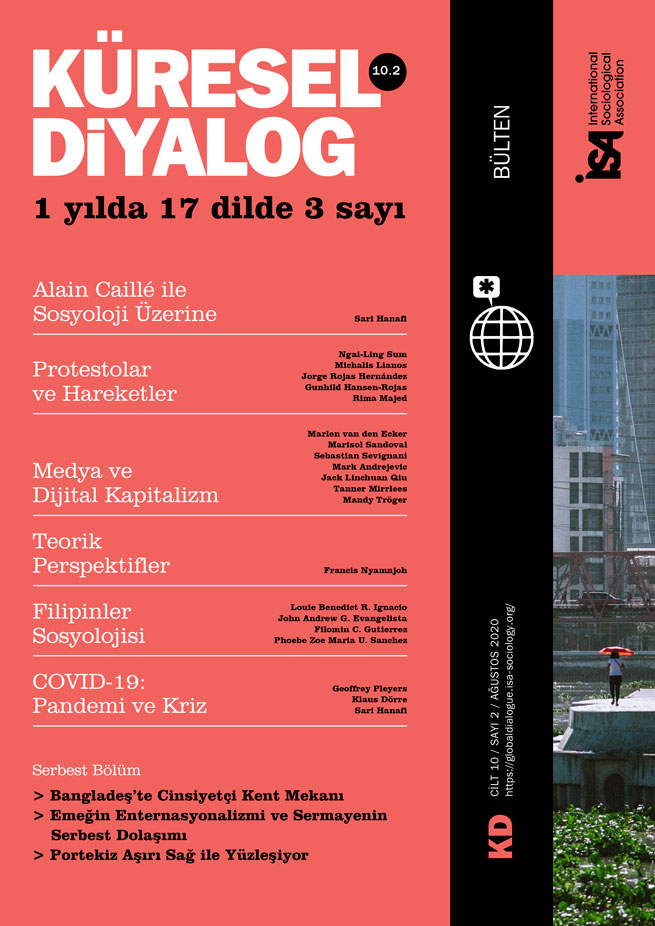Portugal Faces the Far Right
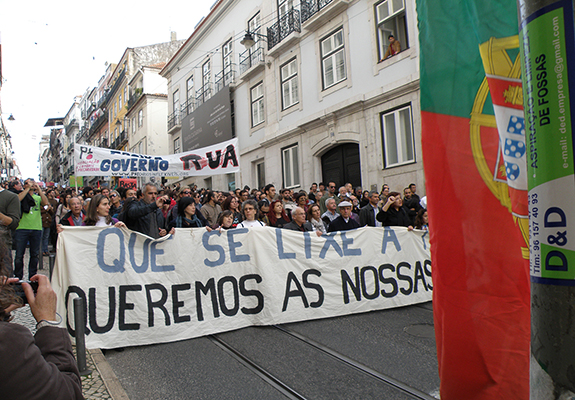
June 26, 2020
In his 2017 book On Extremism and Democracy in Europe Cas Mudde argues that the main struggle of populist radical right parties is to increase the saliency of “their” issues, such as corruption, immigration, and security. Far-right populism, by denying the existence of distinct interests in a population, and by imposing a monolithic and essentialist notion of “people” against a corrupt “elite,” leads to a Manichean and polarized view of political culture. It also mobilizes the electorate against the political elite by blaming it for not stopping external “threats,” represented by the “other,” the “stranger,” the “black,” the “gypsy,” or the “immigrant.” In the context of a declining industrial labor force, the recognition deficit experienced by sections of the working class no longer able to claim economically distinctive interests may give rise to resentful subjectivities. As Klaus Dörre (2019) has noted, this class-specific experience may become “material for the formation of a right-wing populist block.”
While Portugal was until now considered a rare case in Europe since it had no fascist parties or movements, this may be changing. I point to three important sociological dimensions that may explain the nature of this change: the history of a long dictatorship; the radicalized democratic revolution in April 1974; and the consequent restructuring of the class framework along with a persistence of social inequalities.
Historical background
Under the integralist conservatism of the “Estado Novo” regime, officially instituted in 1933 but whose genesis dates back to the military coup of 1926, the grassroots working-class movement triggered by the fall of the monarchical regime in 1910 was the main target of attack. Under cover of the Catholic Church, which sought revenge for the attack on its old privileges by republicans, socialists, and anarchists throughout the 1920s, Salazar’s moralistic conception kept the country educationally, culturally, economically, and industrially backward, mainly penalizing the popular classes and persecuting, arresting, and torturing the opposition for over four decades. Despite the repressive apparatus and censorship, however, in the early seventies some strike actions emerged and clandestine union structures were consolidated, largely under the influence of the Portuguese Communist Party and some progressive sectors linked to the Church. The Colonial War in Africa, and the students’ protests in Lisbon, Coimbra, and Porto in the 1960s, touched by the winds coming from abroad, increased discontent (especially among the youth, the first victims of the war), which helped to spread the spark of hope for democracy within the country.
The military coup of April 25, 1974 by a group of captains who refused to continue the war and fought for a democratic and more developed country was crucial, but it was the next phase of popular mobilization (strikes and occupations, ideological debates, and deep political cleavages) that became the great “school” for democracy. This school of democratic and civic formation, however, was full of contrasts, illusions, and open conflicts in which “socialism” was at the center of dispute and the rejection of “fascism” was the main unifying factor. Anti-fascist unity did not prevent the structural hatred between communists and socialists, a hatred that lasted until 2015, and only ended with the advent of the alliance labelled as geringonça (contraption).
The erosion of democracy
With 46 years of democracy and 35 years after joining the EU (in 1986), the country has shown significant social and institutional progress. In the political field, governments have always been supported by parliamentary majorities that oscillated between center-right (PSD and CDS) and center-left (PS) parties, with the parliamentary right being represented essentially by the CDS (Social and Democratic Centre, inspired by Christian democracy). Its electoral expression reached 16% in 1976 (under the moderate leader Freitas do Amaral, founder of the party, who in his last years approached the Socialist Party), but it has been losing weight, and stands today at 4.25%.
The most radical discourse, with references to Salazarism and xenophobic practices, was until recently restricted to very small groups: PNR (National Renewal Party), founded in 2000 (merging small radical groups), which never went beyond 0.2%, and was even taken to court on grounds of violence, xenophobia, and illegal possession of weapons; and New Social Order, founded in 2014, and led by Mário Machado, a PNR dissident previously convicted for xenophobic violence. In August 2019, a meeting previously announced as “the biggest nationalist event in Portugal,” brought together a few dozen people, including representatives of European neo-fascist parties. This meeting was the object of a counter-demonstration with hundreds of activists at the doors of the hotel where it was taking place.
As we know, the EU’s political programs, despite their positive impacts in Portugal, have surrendered over time to a more general orientation toward neoliberal capitalism and monetary union. This has created profound disturbances in the country’s economy. With the recent crisis, social inequalities have increased and, with them, precariousness, poverty, and persistence of general wage stagnation (the average salary in 2018 was at the level of 2008). As the expectations of the middle class and large segments of the workforce fell, Portuguese society was overtaken by resignation and silent resentment, gradually beginning to be disconnected from political action and associations. This can be seen in the rising levels of electoral abstention in parliamentary elections, from 8.3% in 1976 to 51.4% in 2019. Insecurity, vulnerability, and fear led to a predisposition for reverence for social power and opportunistic leaders, the most fertile ground for the flourishing of right-wing populism.
The populist threat
Portuguese democratic life is therefore not immune to the populist narrative. The media coverage of politics, sensational tabloid journalism, and the growing popularity of television figures (some due to their systematic presence in entertainment and/or football discussion programs, for example) have already brought political dividends to some of these protagonists. President Marcelo Rebelo de Sousa is a good example – who had a weekly TV show for more then ten years, and gained widespread popularity across the entire country. One of the most controversial protagonists of extreme right-wing populism today, André Ventura, has emerged precisely from the heart of the hegemonic political spectrum (former member of the PSD, the Social Democratic Party, affiliated to the Liberals in the European Parliament). He gained visibility when, as candidate of that party for a municipality on the outskirts of Lisbon, he proposed to fight the Roma community with police violence and even promised to sterilize Roma women, claiming that the community is essentially violent, survives on illicit activities, and benefits from social policies at the expense of public resources. Subsequently he left the PSD, and in the last elections he founded a new party named “Chega” (“Enough,” legalized in 2019), that ran for parliament; he was elected as single deputy, obtaining 1.3% of the votes. Ventura’s party also counts on the support of old cadres and ideologues known for their connection with violent neo-fascist forces and groups nostalgic for Salazar.
The nationalist, xenophobic, and anti-immigrant discourse has become radicalized and the radical and moralistic language against the state has repeatedly disrespected the democratic rules and dignity of Parliament. “Chega” promotes verbal guerrilla battles and a stance of constant victimization against the political elite. In addition to the increase in media coverage made possible by its presence in Parliament, the latest opinion polls already point to voting intensions of 6% (Expresso/SIC poll, February 14, 2020). There are indeed worrying signs indicating that Portugal should cease to be considered an exception with regard to the presence of neo-fascist parties.
Elísio Estanque, University of Coimbra, Portugal, and member of ISA Research Committee on Social Classes and Social Movements (RC47) <elisio.estanque@gmail.com>

